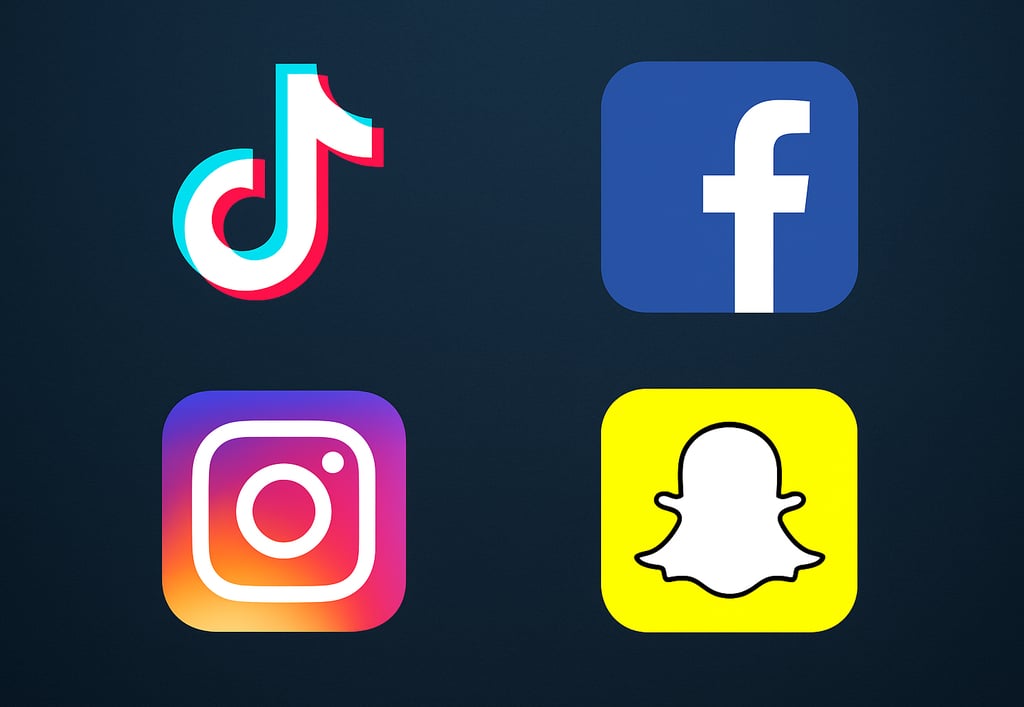Big Tech Begins Complying with Australia’s Teen Social Media Ban — A New Era of Digital Accountability
Global tech giants like Meta, TikTok, and Snapchat start complying with Australia’s under-16 social media ban, marking a historic policy shift.
Raja Awais Ali
11/12/20252 min read


Big Tech Begins Complying with Australia’s Teen Social Media Ban — A New Era of Digital Accountability
Global technology giants including Meta (Facebook, Instagram), TikTok, and Snapchat have begun complying with Australia’s groundbreaking Online Safety Amendment (Social Media Minimum Age) Act 2024, which officially takes effect on December 10, 2025. This law bans individuals under the age of 16 from using social-media platforms, making Australia one of the world’s strictest online safety regulators.
Under the new legislation, social-media platforms must verify the age of every user and restrict access to anyone under 16. Non-compliance could result in penalties of up to A$49.5 million (approximately US$32 million) per violation. The aim is to protect minors from the growing mental-health challenges, cyberbullying, and data-privacy risks linked to excessive social-media use among teens.
Initially, tech companies strongly opposed the bill. Meta, TikTok, and Snapchat argued that such restrictions were technically difficult and potentially invasive to user privacy. However, with the implementation deadline approaching, these same companies are now actively preparing to meet the law’s requirements. Major platforms are introducing new AI-based age-verification systems that analyze behavioral patterns and profile data to estimate a user’s real age. Users flagged as potentially under 16 will receive warnings and must confirm their identity through an ID or facial-recognition check. Accounts that fail verification will be suspended or permanently deleted.
This shift marks a critical turning point in the ongoing global debate about how much power governments should have over digital platforms. For years, Big Tech resisted regulation, often clashing with lawmakers around the world. Now, facing increasing pressure from Australia and similar moves in the European Union and United States, these companies appear to recognize that compliance is the only sustainable option.
For Australia, the move demonstrates a strong stance on protecting children online and holding Big Tech accountable. For the companies themselves, it is an acknowledgment that government oversight has become unavoidable — and perhaps beneficial in restoring public trust. By adapting to regulation rather than fighting it, platforms are seeking to balance business continuity with social responsibility.
Nevertheless, experts warn that implementation will not be easy. Artificial-intelligence age detection remains imperfect — especially for users aged 15 to 17 — and many minors may attempt to bypass restrictions using VPNs or fake profiles. Policymakers will also need to ensure privacy safeguards are upheld during identity checks. Critics argue that shutting young users out of mainstream apps might push them toward unregulated, riskier online platforms.
Despite these concerns, Australia’s bold step is expected to influence digital policy worldwide. Other governments are already studying this model as they draft new online-safety and data-protection frameworks.
In summary, November 12, 2025 marks a historic shift — when Big Tech finally moved from resisting regulation to embracing it. Australia’s teen social-media ban is not just about protecting minors; it’s about redefining accountability in the digital age. This new era signals that cooperation between technology companies and governments is now essential for a safer, more transparent online world.
Stay informed with the latest national and international news.
© 2025. All rights reserved.